
Can You Take Collagen While Breastfeeding? Complete Safety Guide
Guide to Collagen and Breastfeeding
As I watched my dear friend embark on the beautiful and challenging journey of breastfeeding her newborn, I couldn't help but notice the toll it was taking on her. Not only was she struggling to maintain her weight, but her once vibrant hair and nails had lost their luster. This lead me to think: can you take collagen while breastfeeding?
In this article, we'll explore the science behind collagen's effects, different sources of collagen and practical ways to mix it into your daily routine.
Back to my friend for a moment. She stumbled upon the incredible benefits of collagen. Her hair regained its shine, and her nails grew stronger and more resilient.
But the benefits didn't stop there. Alongside the improvement in her hair and nails, she experienced a stabilization in her weight, a positive shift that brought her newfound confidence and comfort and made her more confident in her breastfeeding.
For my friend, bone broth was a perfect way to get the collagen she needed post-partum because she digested it well and it helped her gain weight.
However, as we both explored the collagen options available, we found that there were many more ways to get the benefits of collagen while breastfeeding and that it can have some real advantages for mother and baby.
Can You Take Collagen While Breastfeeding?
Certainly! Taking collagen while breastfeeding is generally considered safe, but it's always advisable to consult with your healthcare provider before starting any new supplement regimen, including taking a collagen booster or routine.
Your healthcare provider can assess your specific situation, consider any underlying health conditions you may have and provide personalized recommendations.

Collagen is a protein that is naturally found in our bodies and plays a crucial role in supporting the health of our skin, joints, bones and other connective tissues. While breastfeeding, your body requires an adequate intake of nutrients to support both your own health and the needs of your baby.
Collagen supplements are typically derived from animal sources such as bovine, pork, chicken or marine collagen. When choosing a collagen supplement, it's important to ensure that it is sourced from reputable manufacturers and undergoes rigorous quality testing.
Health Benefits of Collagen While Breastfeeding
The health benefits of collagen while breastfeeding include restoring skin elasticity, building strong bones, it may reduce stretch marks, it helps with digestion, the immune system and muscle growth so that you can go back to being you.
1. Helps Restore Skin Elasticity and Firmness Postpartum
During pregnancy and breastfeeding, hormonal changes and the stretching of the skin can lead to the loss of elasticity and firmness. Collagen, as a vital component of the skin's structure, helps to maintain its strength and resilience.
Collagen is always helpful for reducing saggy skin, but it can be especially valuable during pregnancy and breastfeeding.
Supplementing with collagen may support the natural healing and recovery process, potentially improving skin texture and reducing the appearance of stretch marks.
If you're looking for a product recommendation, read my guide to the best collagen supplements for skin elasticity.
Giving birth can result in various types of skin damage, such as episiotomy incisions or cesarean section scars. Collagen is known for its role in wound healing, as it helps to promote tissue regeneration and the formation of new collagen fibers.
A review published in the Oxford Academic in 2022 found that collagen peptides or gelatin may stimulate connective tissue protein synthesis, which could enable you to heal faster (1).
Breastfeeding, along with hormonal changes, can sometimes lead to dryness and dehydration of the skin. Collagen has the ability to attract and retain moisture, contributing to improved skin hydration and overall skin health.
By maintaining adequate hydration levels, collagen may help alleviate dryness and promote a more supple and radiant complexion.
2. Helps Restore Bone Density and Strength
Collagen is a major component of our bones, providing structure, flexibility and strength. It forms a scaffold upon which minerals like calcium and phosphorus are deposited, contributing to the density and resilience of the bones.
By maintaining adequate collagen levels, you support the foundation for healthy bone development and maintenance.
During breastfeeding, your body may experience increased calcium demands to support your baby's growth and development. Collagen, as a vital component of the bone matrix, can play a role in enhancing bone mineral density.

Supplementing with collagen may help support the optimal utilization of calcium and other minerals, promoting bone density and reducing the risk of bone loss or osteoporosis.
Collagen not only supports bone health but also helps you maintain healthy joints. It provides cushioning and lubrication to your joints, promoting their smooth movement and flexibility. This can be particularly beneficial as you navigate the physical demands of caring for your baby while breastfeeding.
3. May Help Reduce Stretch Marks
Stretch marks, also known as striae, occur when the skin stretches rapidly, causing the underlying collagen and elastin fibers to rupture. Collagen is a crucial component of the skin's structure and provides it with strength and elasticity.
You can do your skin a huge favor by maintaining adequate collagen levels. This allows your skin may be better equipped to withstand stretching, potentially reducing the likelihood and severity of stretch marks.
It's not all here say, A study published in the National Library of Medicine in 2015 found that overweight women who took collagen long-term had improvement in cellulite, which can be valuable for women overcoming pregnancy weight gain (2).
How does it work? Collagen has the ability to attract and retain moisture, helping to keep the skin hydrated. When the skin is well-hydrated, it becomes more supple and less prone to the formation of stretch marks.

By supporting skin hydration, collagen supplementation may assist in minimizing the appearance of existing stretch marks and preventing new ones from forming.
When stretch marks occur, collagen production can help in the healing process by stimulating the growth of new collagen fibers. By promoting the regeneration of the skin's structure, collagen may contribute to the fading and smoothing of stretch marks over time.
Side note: My wife is taking 10 grams of collagen per day after giving birth to our baby boy, and her skin looks better than it ever has and she has no stretch marks.
I realize that everyone is different and genetics plays a huge role, but I wanted to share what it working for her.
4. Helps Boost Digestion and Immune System Health
Collagen has amino acids such as glycine, glutamine and proline, which are essential for maintaining a healthy digestive system. These amino acids support the integrity of our gut lining and help to promote the repair and regeneration of our intestinal cells.
By supporting the health of your gut, collagen may aid in digestion and nutrient absorption, potentially reducing digestive discomfort. A study published in JMIR Publications in 2022 found that collagen supplementation can significantly reduce digestive upset, including bloating, in most women (3).
The gut barrier plays a crucial role in preventing the entry of harmful substances into the bloodstream and maintaining immune system balance. Collagen can contribute to the maintenance of a healthy gut barrier by supporting the production of mucus and the tight junctions between the intestinal cells. This helps to strengthen the gut barrier and reduce the risk of inflammation and immune system imbalances.
Since collagen improves digestion, it can also aid in weight control, like it did for my friend. It’s amazing how collagen can enable weight loss or weight gain, depending on your goals, diet and exercise.
5. Helps Improve Muscular and Joint Comfort
Collagen is an essential component of muscles, providing structure and support. It plays a role in maintaining muscle strength and elasticity. Finally, it is key component of cartilage, the connective tissue that cushions and supports the joints.
Engaging in physical activity, including exercise, can put stress on muscles and joints. Collagen supplementation is a key piece of the puzzle which can help lubricate your skins and assist in that tissue repair so that you can recover faster and not feel like crap all the time.
Is Collagen Safe For Breastfeeding Women?
Collagen is generally considered safe for breastfeeding women, but it's always advisable to consult with your healthcare provider before starting any new supplement while breastfeeding.
You may wonder if collagen is bad for you during pregnancy because of a misunderstanding of research.
A study published in Front. Endocrinol Sec. Reproduction in 2021 found that excess collagen type 1 could contribute to preeclampsia-like symptoms in mice (4). HOWEVER, this study was looking at artificially raised levels of collagen 1 by injection or disease, NOT natural collagen created in the body with the help of collagen supplements.
In fact, a study published in the National Library of Medicine in 2020 emphasized the importance of collagen as having a critical role in a successful pregnancy (5).
Foods High in Collagen for Breastfeeding
Incorporating foods that are naturally high in collagen into your diet while breastfeeding can provide you with the benefits of collagen naturally, without requiring additional supplements.

Here are a few foods to get you started.
- Bone Broth: Bone broth is an excellent natural source of collagen. It is made by simmering animal bones (such as chicken, beef or fish) along with vegetables and herbs for an extended period. This slow cooking process extracts collagen and other beneficial compounds from the bones, resulting in a nutrient-rich broth. Choose a quality, easy-to-use chicken bone broth to add to your everyday routine without irritating your delicate belly.
- Meat and Poultry: Animal products like beef, chicken and pork contain collagen in varying amounts. Consuming cuts of meat that include connective tissues and skin can provide collagen. Slow-cooked or braised dishes can be particularly rich in collagen as the collagen breaks down during the cooking process.
- Fish and Seafood: Fish, especially those with skin and bones, are good sources of collagen. Examples include salmon, mackerel and sardines. Also, consuming seafood such as shrimp, oysters and scallops can provide collagen along with other important nutrients.
- Gelatin: Gelatin is made from collagen-rich animal tissues and can be used as a cooking ingredient. Adding gelatin to recipes like desserts, smoothies or homemade gummies can be a tasty way to get collagen into your diet.
- Eggs: Egg whites contain a protein called proline, which is one of the key building blocks for collagen synthesis in the body. Including eggs in your diet can provide this essential amino acid necessary for collagen production.
For the complete food list, read my guide to collagen rich foods.
What are the risks of taking collagen while breastfeeding?
When considering the potential risks of taking collagen while breastfeeding, there are a few factors to keep in mind:
- Allergies: Some individuals may have allergies or sensitivities to collagen or collagen supplements. Allergic reactions to collagen are rare but can occur. If you have a reaction, your symptoms may include itching, rash, hives, swelling or difficulty breathing. If you experience any adverse reactions after taking collagen, it's important to discontinue use and seek medical attention.
- You might not respond to collagen peptides: While collagen supplementation may offer potential benefits for various aspects of health, not everyone may respond to collagen peptides in the same way. The effectiveness of collagen supplements can vary among individuals. Some people may experience noticeable improvements, while others may not perceive significant changes. It's important to manage expectations and understand that individual responses to collagen can differ.
Are collagen powders safe for breastfeeding mothers?
Collagen powders, when sourced from reputable manufacturers and used as directed, are generally considered safe for breastfeeding mothers. When selecting a collagen powder, make sure that you choose products from reputable brands that undergo quality 3rd party testing. Look for collagen powders derived from high-quality sources, such as grass-fed or pasture-raised animals or sustainably sourced marine collagen.

It's also important to follow the recommended dosage instructions provided by the manufacturer. Avoid exceeding the recommended dosage without consulting your healthcare provider, as excessive intake of any supplement may have potential risks.
What is the best collagen supplement for breastfeeding mothers?
My friend who recently went through the beautiful journey of breastfeeding her newborn faced a significant challenge in maintaining her weight during this period. Concerned about her well-being, we had a heartfelt conversation about possible solutions, and she shared with me her discovery of the amazing benefits of bone broth.
My friend explained that bone broth became her go-to option for nourishing her body with valuable nutrients while also helping to improve her weight. She found it to be a comforting and satisfying addition to her daily routine. Not only did it provide her with essential amino acids and minerals, but it also offered a natural source of collagen.
She discovered that bone broth was not only rich in collagen but also contained other beneficial compounds extracted from simmering animal bones. This slow cooking process released nutrients such as gelatin, glucosamine and chondroitin sulfate, which can support joint health, gut integrity and overall well-being.
Sipping on a warm cup of bone broth not only brought her comfort but also contributed to her daily nutrient intake, helping her maintain a healthy weight while providing nourishment for her body. She used Bluebird Provisions chicken, but there are other good brands out there you can try.
Not everyone will respond as well to bone broth as my friend. The best collagen for pregancy and breastfeeding will be different for everyone.
Collagen powders, capsules or other food sources of collagen are great alternative options. Collagen powders are convenient and versatile, allowing for easy incorporation into various recipes and beverages. Collagen capsules provide a pre-dosed and straightforward way to supplement collagen intake.
And if you do want to go the supplement route, read my guide to finding the best collagen powder.
What are the recommended daily dosages for collagen while breastfeeding?
How much collagen you should take per day depends on your individual needs and the specific collagen supplement being used. It's important to consult with your healthcare provider to determine the most appropriate dosage for you.
In general, collagen supplements typically provide dosage recommendations on their packaging or product labels. These recommendations are based on the manufacturer's guidelines and intended usage. It's important to follow these instructions and not exceed the recommended dosage without consulting your healthcare provider.
Collagen supplements usually come in powdered or capsule form. The dosage can vary depending on the concentration of collagen in the product. Commonly recommended dosages range from 5 grams to 15 grams of collagen powder per day, or as directed by the manufacturer.
Read my guide that explains how much collagen per day you should be taking for more info.
Are there any special considerations to take into account when taking collagen while breastfeeding?
It's crucial to consult with your healthcare provider before starting any new supplement regimen while breastfeeding. Some individuals may have allergies or sensitivities to collagen or collagen supplements.
If you have a history of allergies, particularly to animal products, it's important to be cautious and watch for any adverse reactions. If you experience symptoms such as itching, rash, hives, swelling or difficulty breathing, discontinue the use of collagen supplements and seek medical attention.
When choosing collagen supplements, select products from reputable manufacturers that undergo rigorous quality testing. Look for collagen supplements derived from high-quality sources, such as grass-fed or pasture-raised animals or sustainably sourced marine collagen. This can help ensure the safety and efficacy of the product.
Closing Thoughts
Collagen is generally safe when breastfeeding. That being said, it's important to follow the recommended dosage instructions provided by the manufacturer.
Avoid exceeding the recommended dosage without consulting your healthcare provider, as excessive intake of any supplement may have potential risks. Your healthcare provider can help determine the appropriate dosage based on your specific needs and circumstances.
While the direct transfer of collagen peptides through breast milk is not well-documented, it's important to be mindful of any potential effects on your baby. If you have concerns about the impact of collagen supplementation on your breastfeeding baby, discussing it with your healthcare provider can provide reassurance and guidance.
Have you taken it while nursing? Leave a comment and let me know. Or if you have any specific questions, ask away and I'll get back to you asap.
Sources
- https://academic.oup.com/nutritionreviews/article/80/6/1497/6380930
- https://www.ncbi.nlm.nih.gov/pmc/articles/PMC4685482/
- https://formative.jmir.org/2022/5/e36339
- https://www.frontiersin.org/articles/10.3389/fendo.2021.664766/full
- https://www.ncbi.nlm.nih.gov/pmc/articles/PMC7294936/

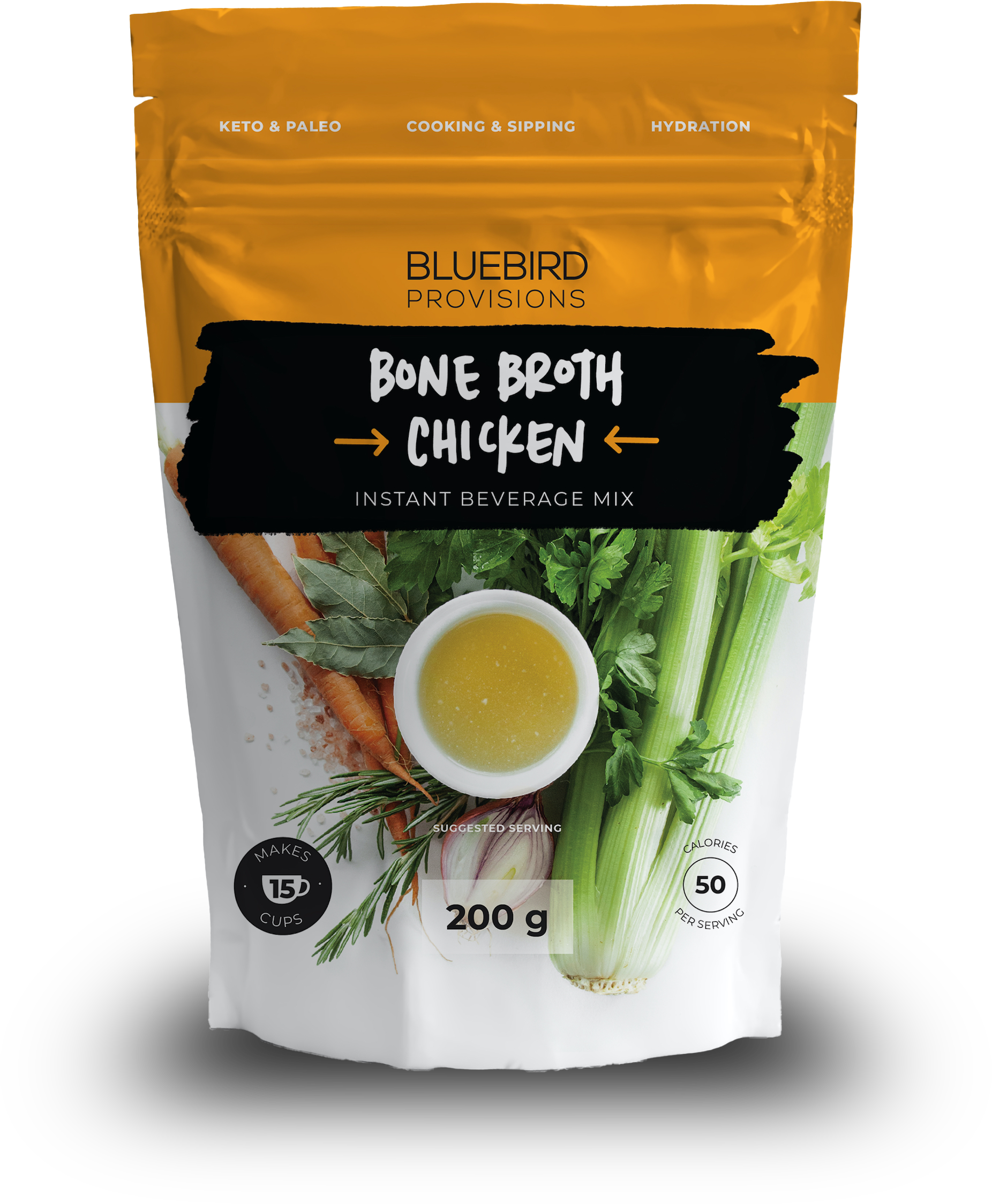
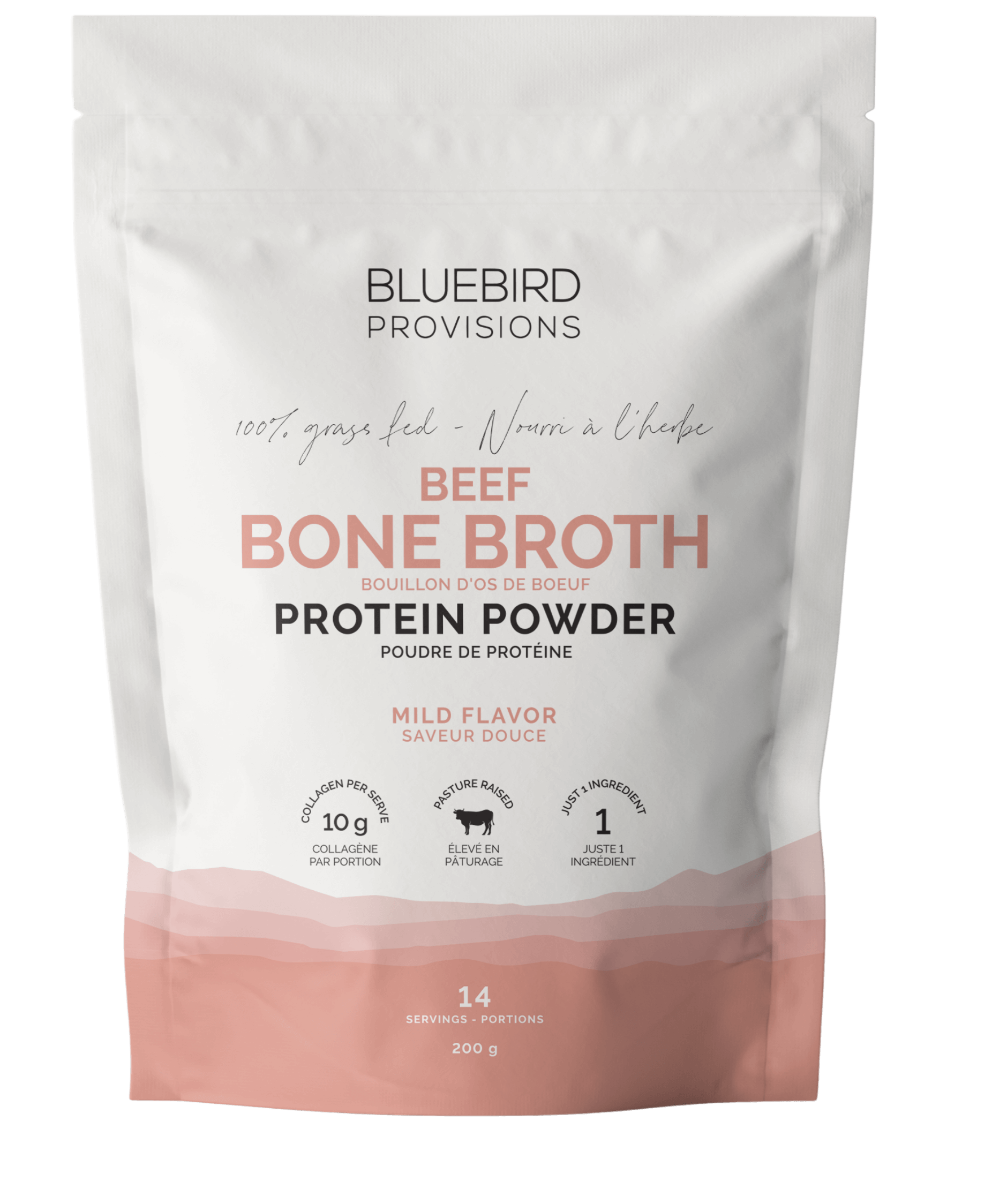
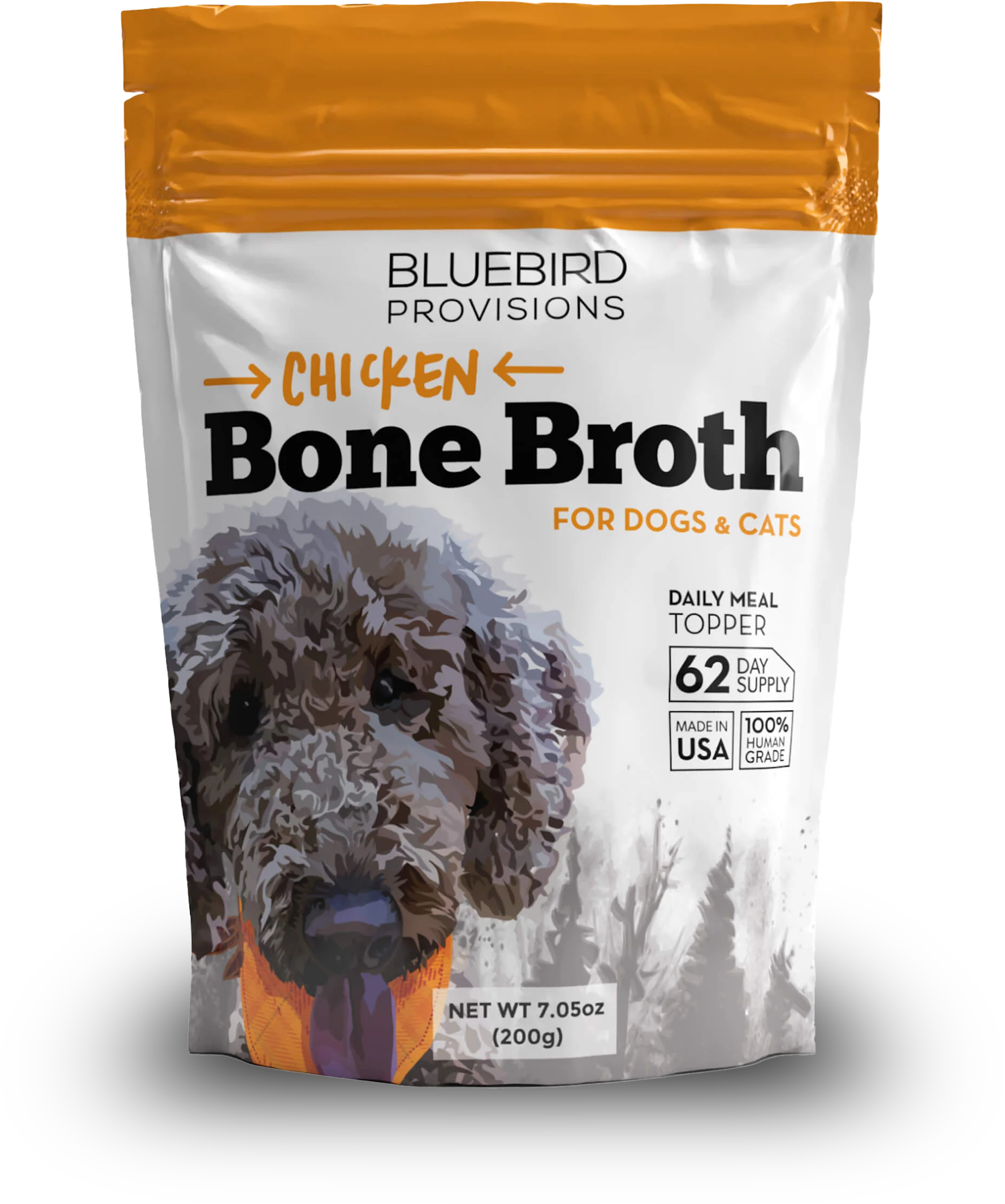
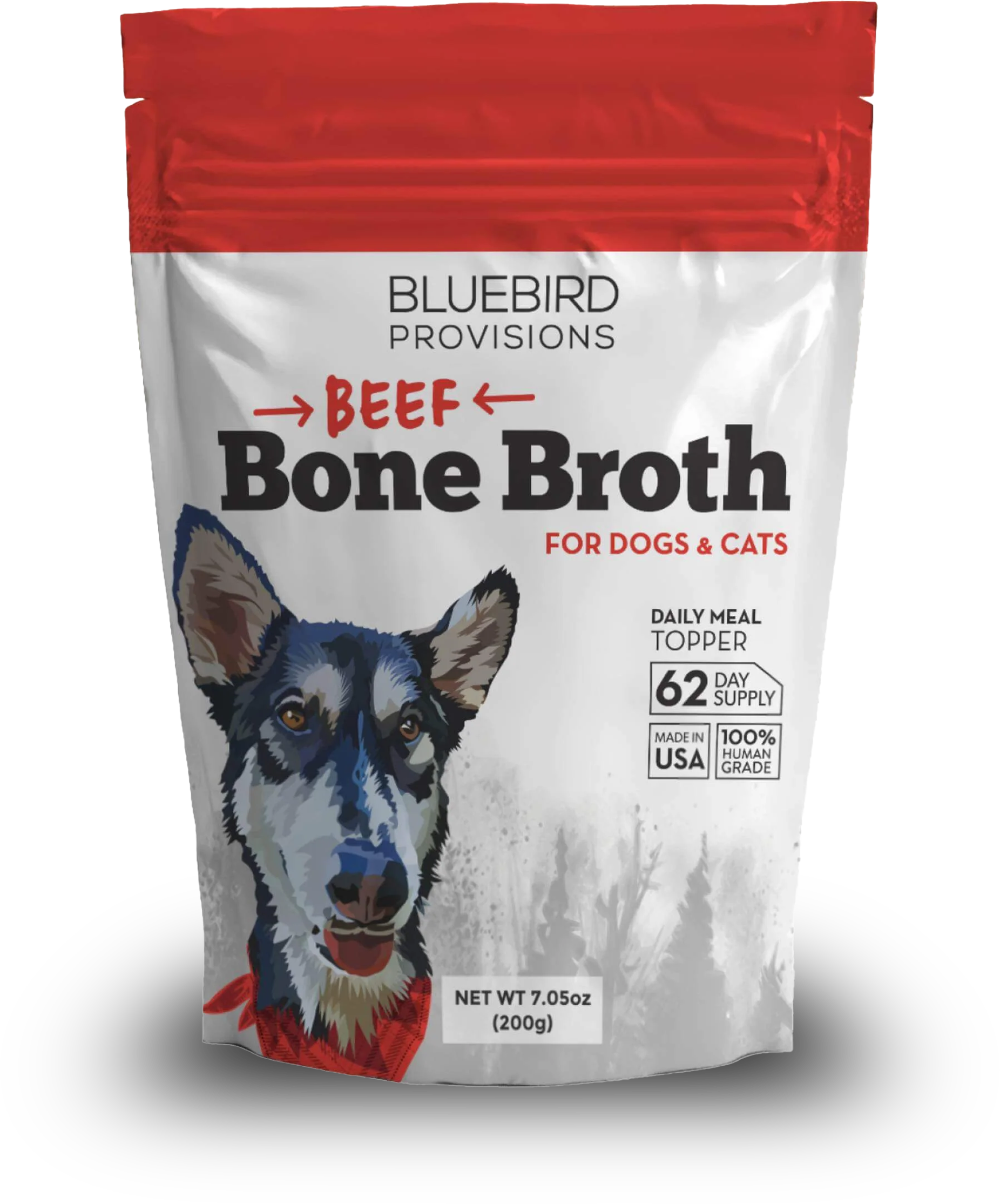
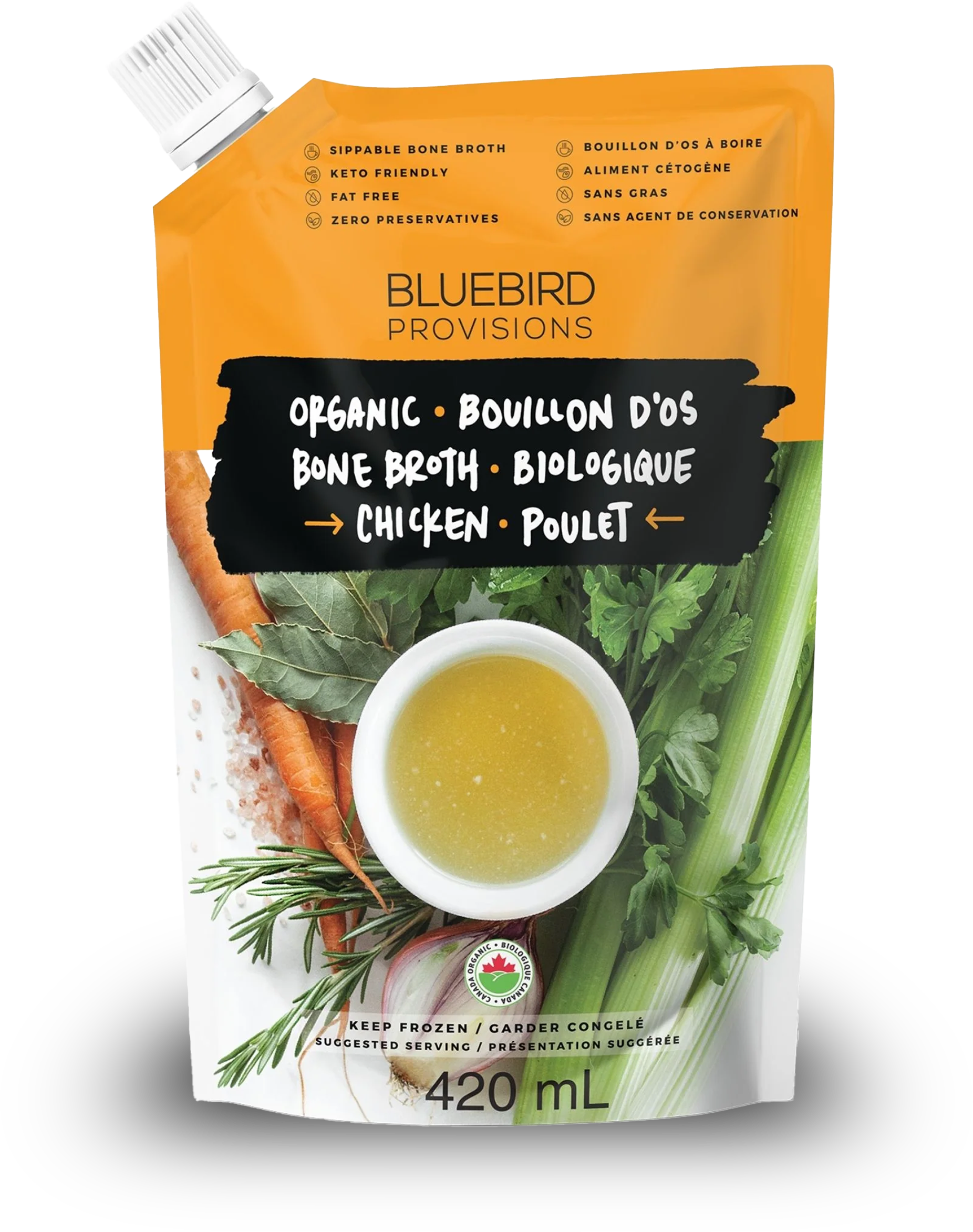
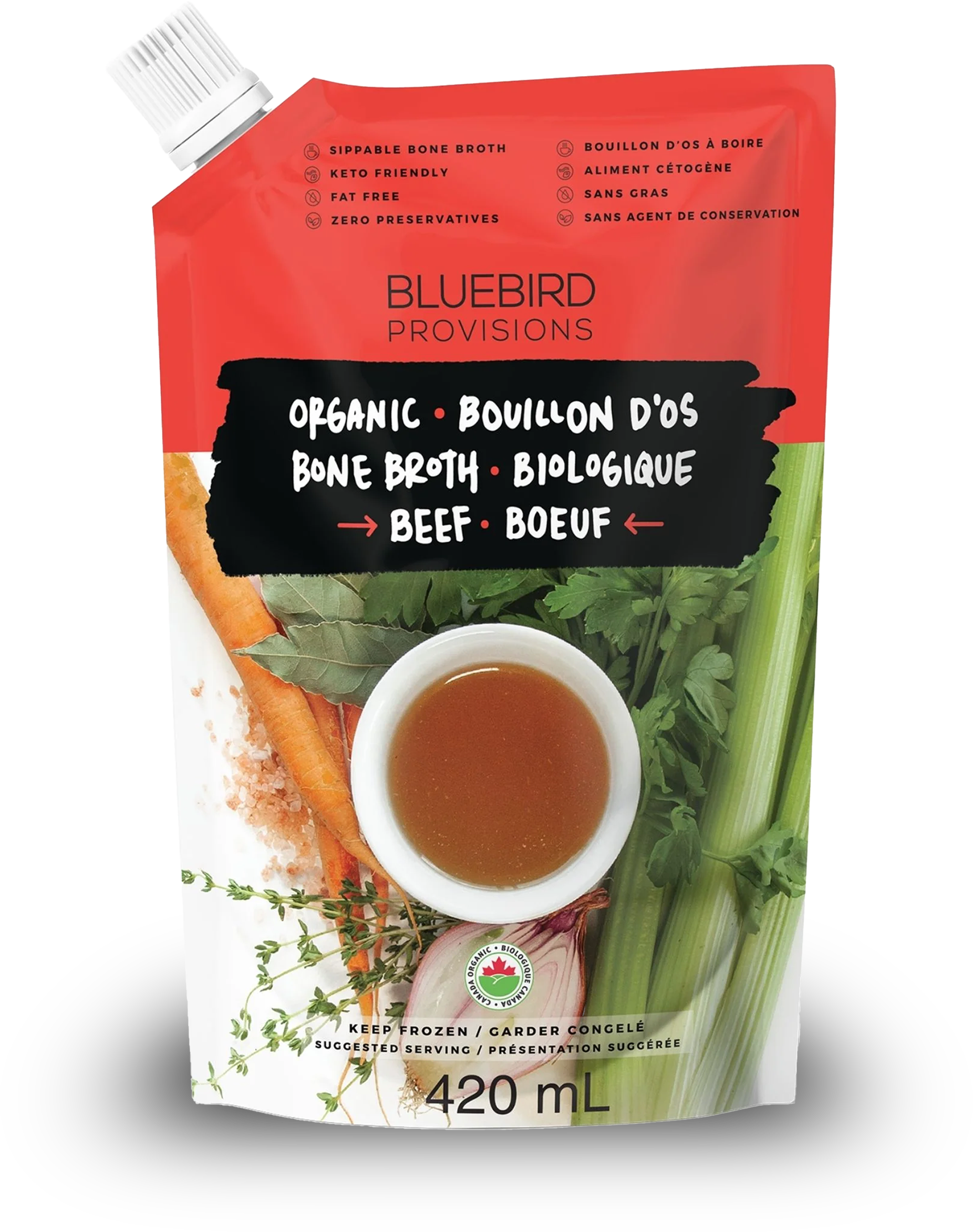
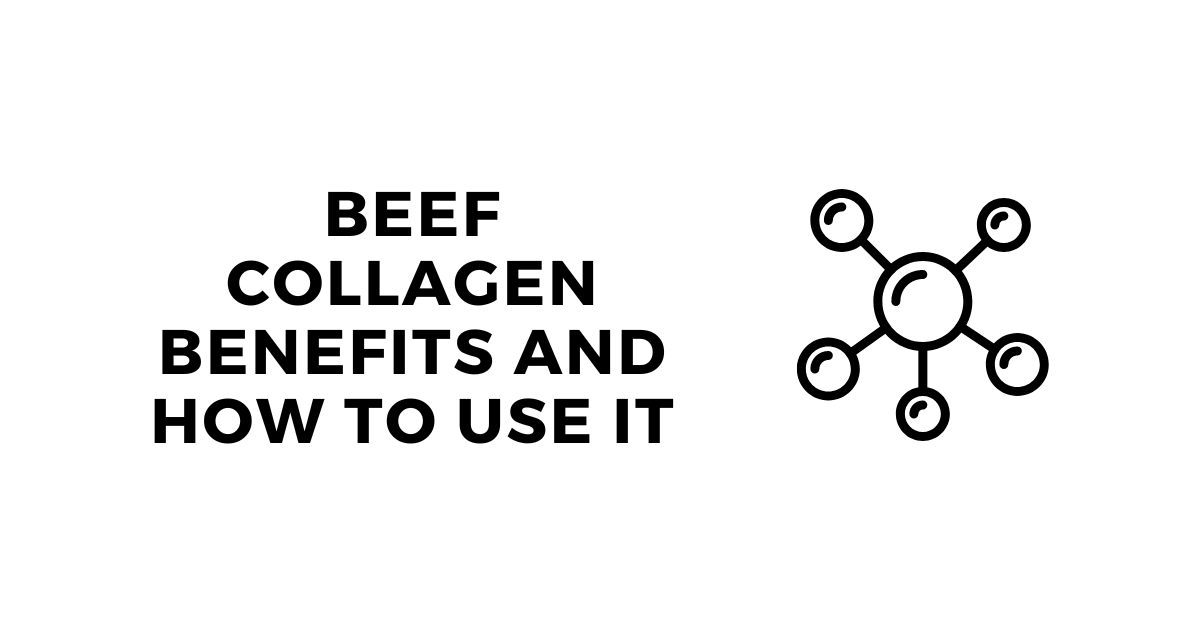
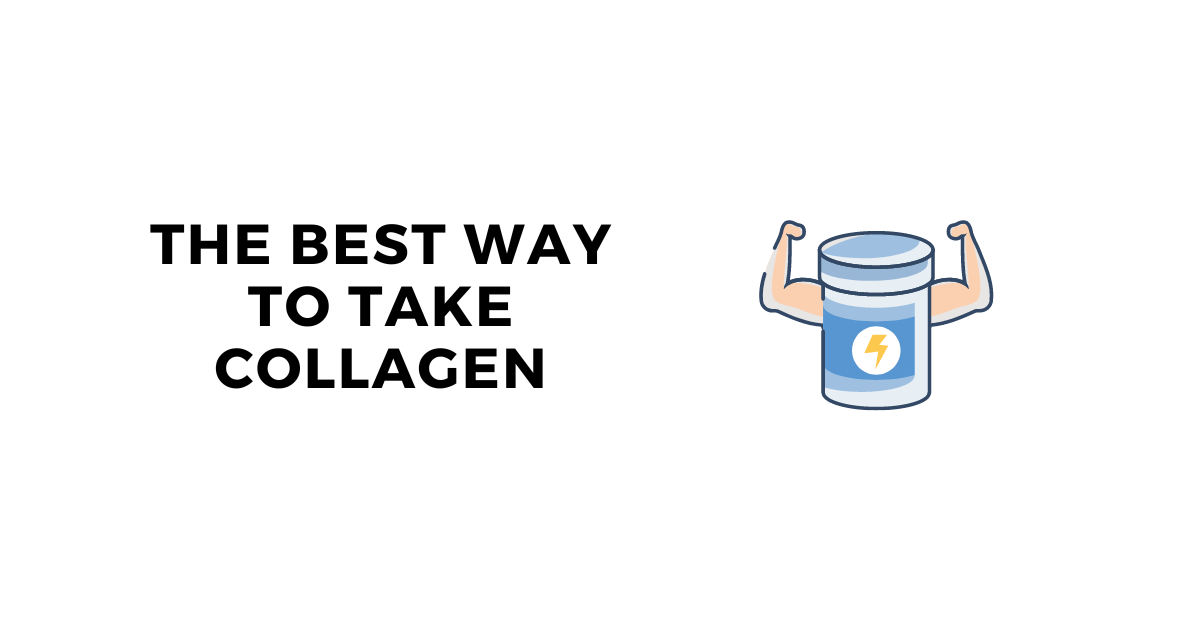
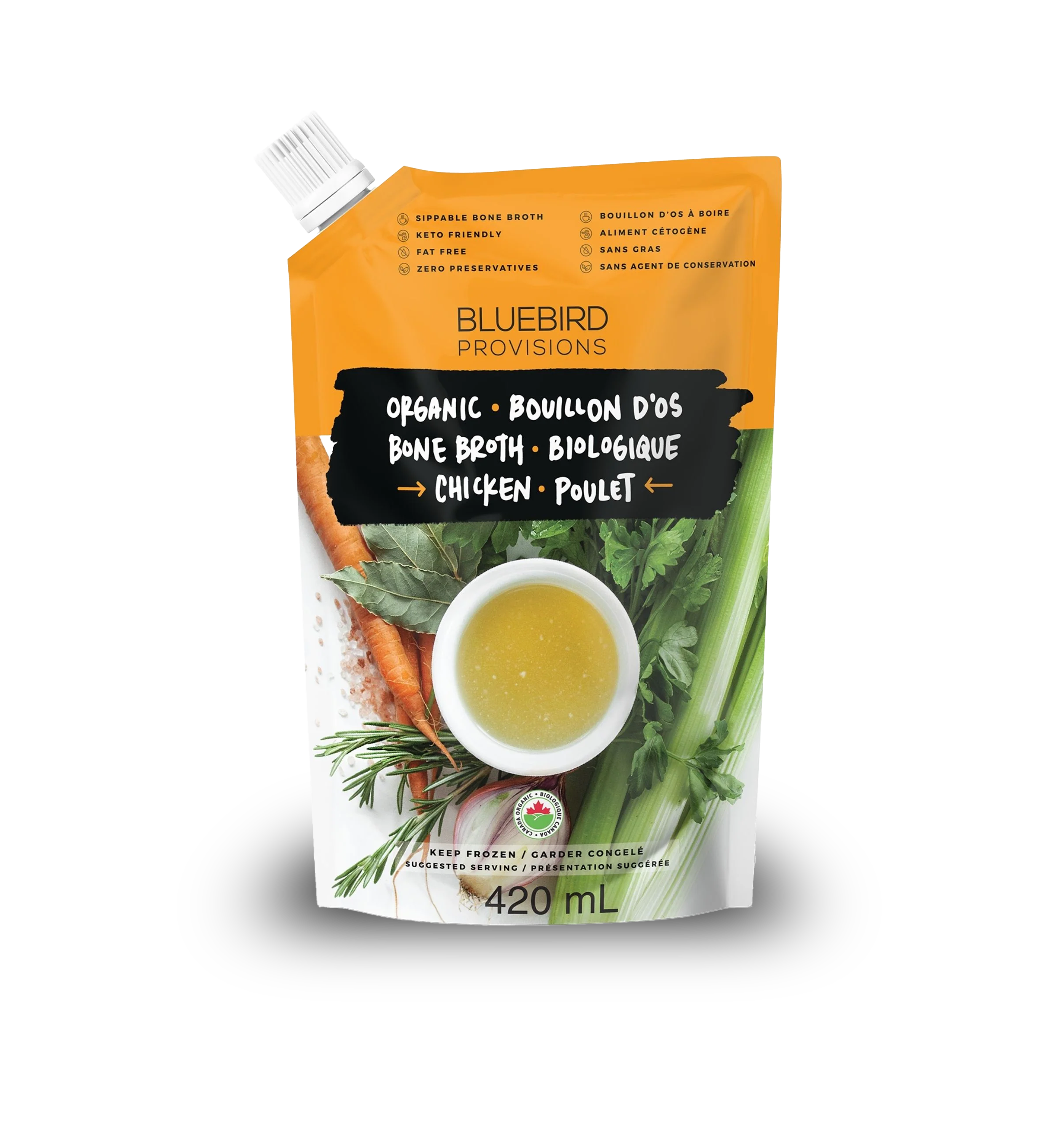
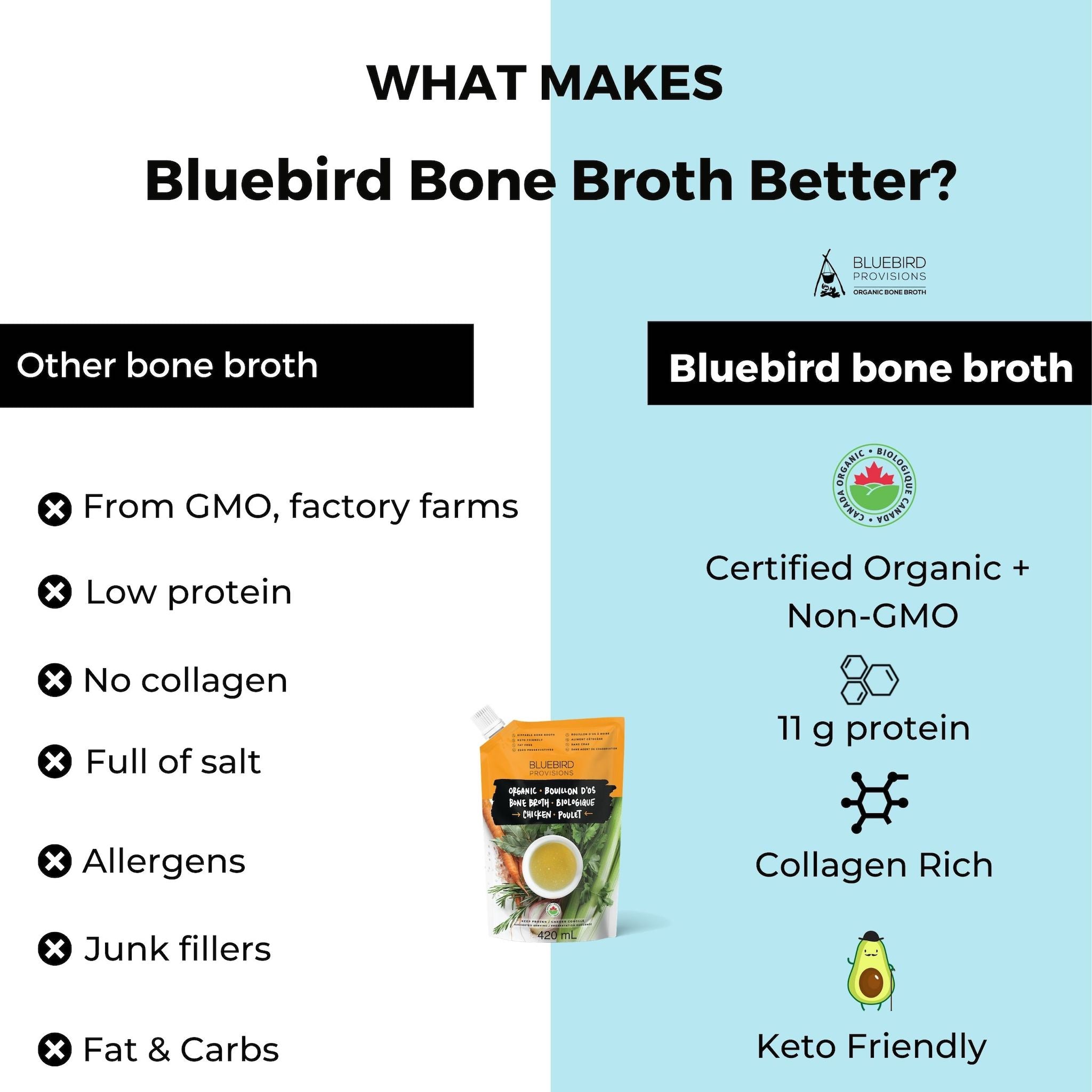
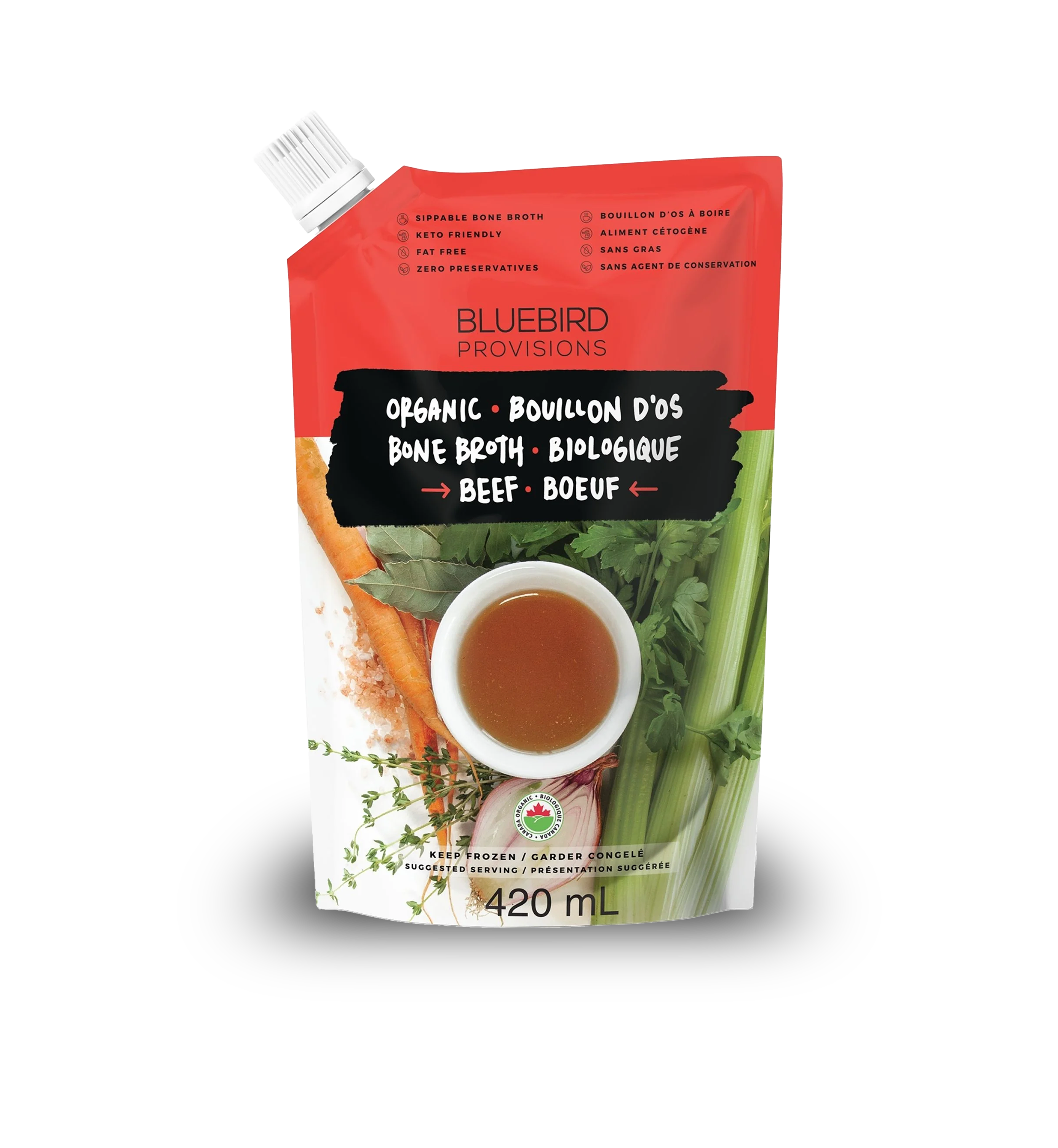
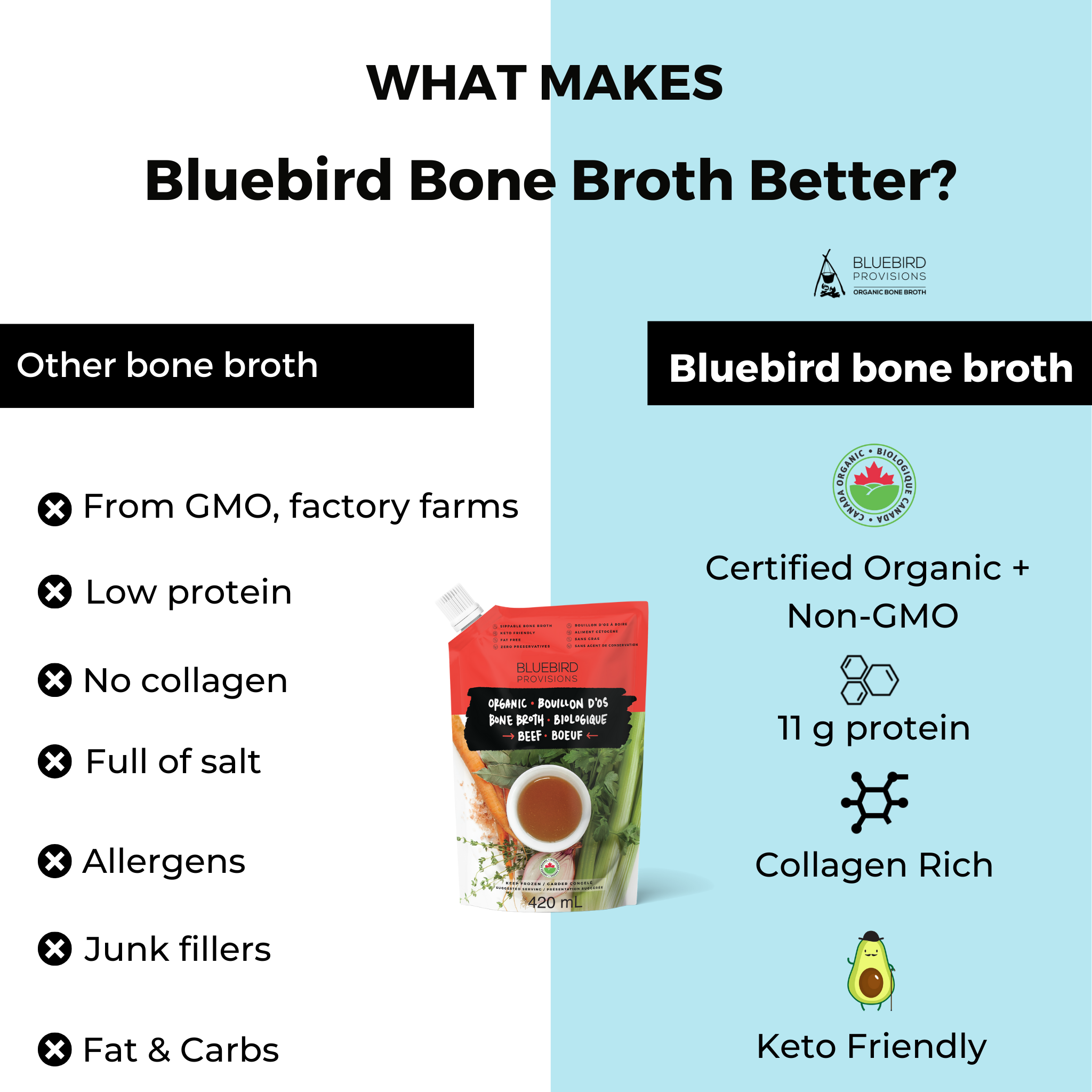
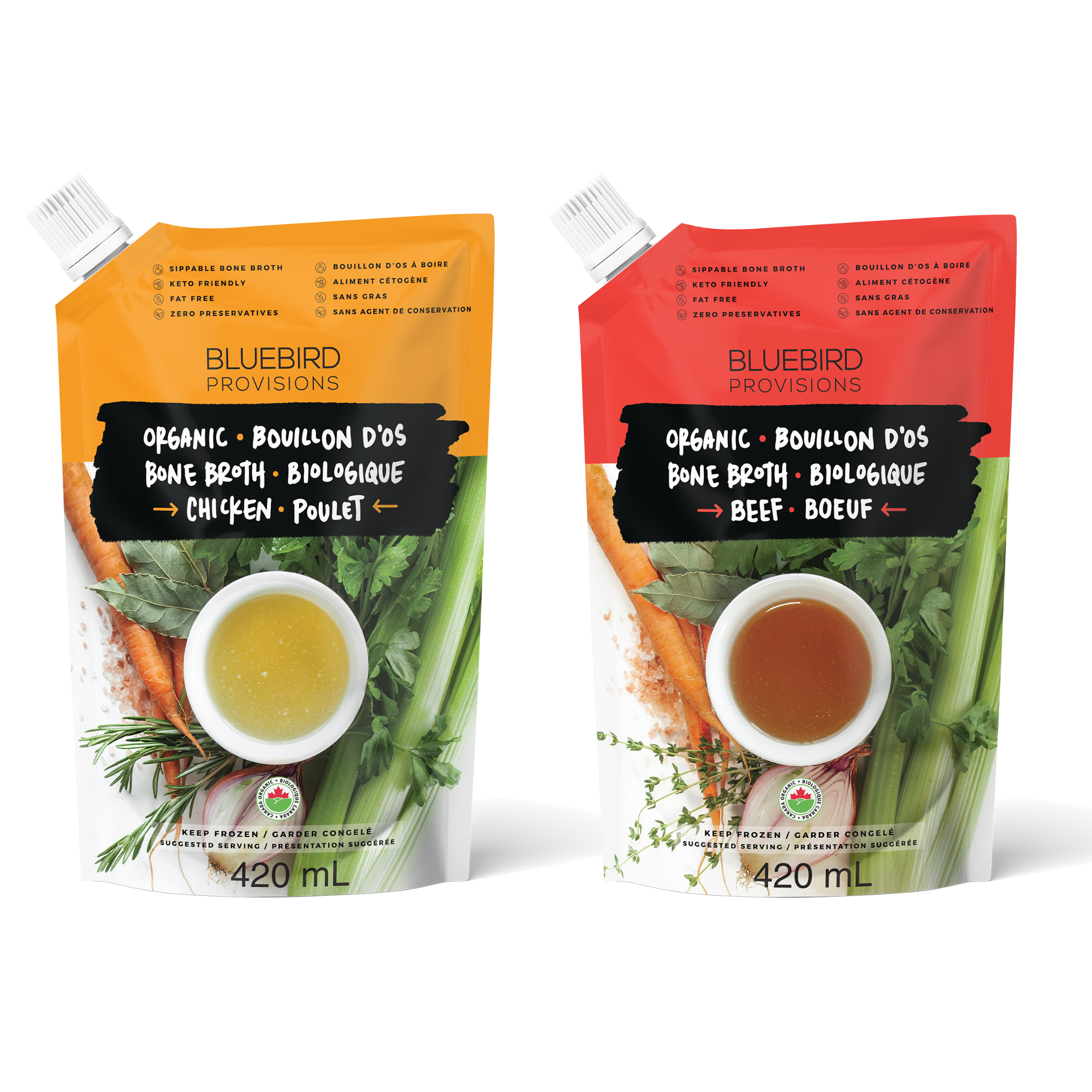

Leave a comment
This site is protected by hCaptcha and the hCaptcha Privacy Policy and Terms of Service apply.